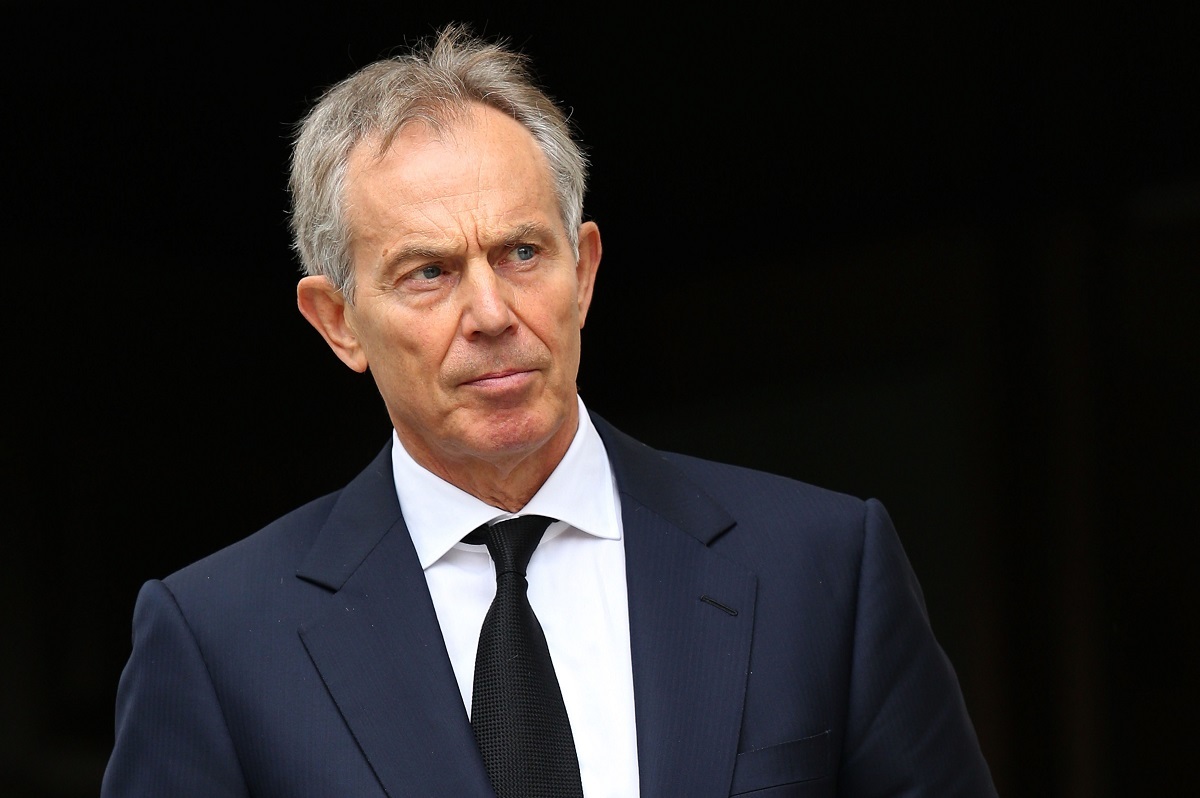
The former prime minister said defeating IS in Iraq, Syria and Libya was part of a wider strategy which also included tackling Islamist ideology.
He warned that a continued failure to recognise the scale of the challenge would lead to terrorist attacks “worse that those in Paris”.
Delivering the Kissinger Lecture at the Library of Congress in Washington, Mr Blair said defeating IS – also known as Daesh – was “only a necessary beginning” because “force alone will not prevail” and “the Islamist ideology has also to be confronted”.
He said: “A continued failure to recognise the scale of the challenge and to construct the means necessary to meet it, will result in terrorist attacks potentially worse than those in Paris, producing a backlash which then stigmatises the majority of decent, law abiding Muslims and puts the very alliance so necessary at risk, creating a further cycle of chaos and violence.”
The former Labour leader outlined a five-point plan, including defeating IS and destroying its so-called caliphate; forging a coalition of nations willing to take on jihadist extremists wherever groups attempted to gain a foothold; confronting the ideology; supporting academics and theologians who were tackling extremism; and seeking a wider engagement in Middle East diplomacy.
He said: “We should learn the lessons of the whole period from 9/11 to today and try to forge a new synthesis of foreign policy which recognises the need for an active policy of engagement, but in a way sophisticated by our experience not incapacitated by it.
“For Europe, there is a huge calculation to be made. This security threat is at our door. It is actually within our home.”
That, he said, was why the “vote in the British House of Commons was so important”.
He continued: “Europe has to create, within its nation states, the armed force capability to allow us not just to play our part but to lead. We have to educate our own citizens and those now coming to our countries on what our values and way of life mean, why they matter to us and why we will defend them to the last.
“This is a battle we will win. There is no doubt in my mind of that. From one corner of the world to the other, the overwhelming majority of people want to live in harmony and peace. The Islamist fanatics will never kill the spirit of our civilisation. They will be defeated. We will endure.
“But it will require leadership, vision and a determination that only full measures will do.”

Enjoy the convenience of having The Sunday Post delivered as a digital ePaper straight to your smartphone, tablet or computer.
Subscribe for only £5.49 a month and enjoy all the benefits of the printed paper as a digital replica.
Subscribe